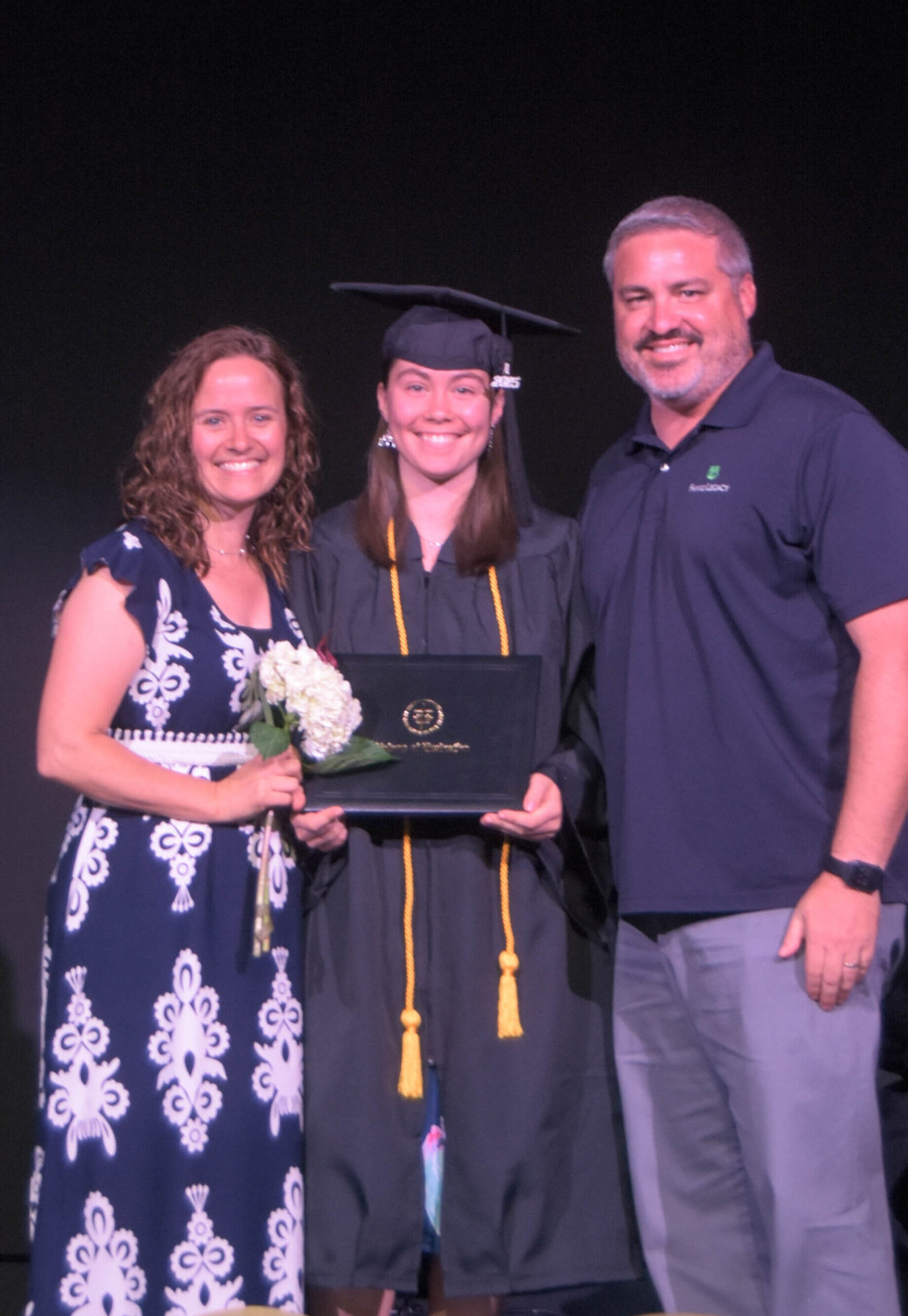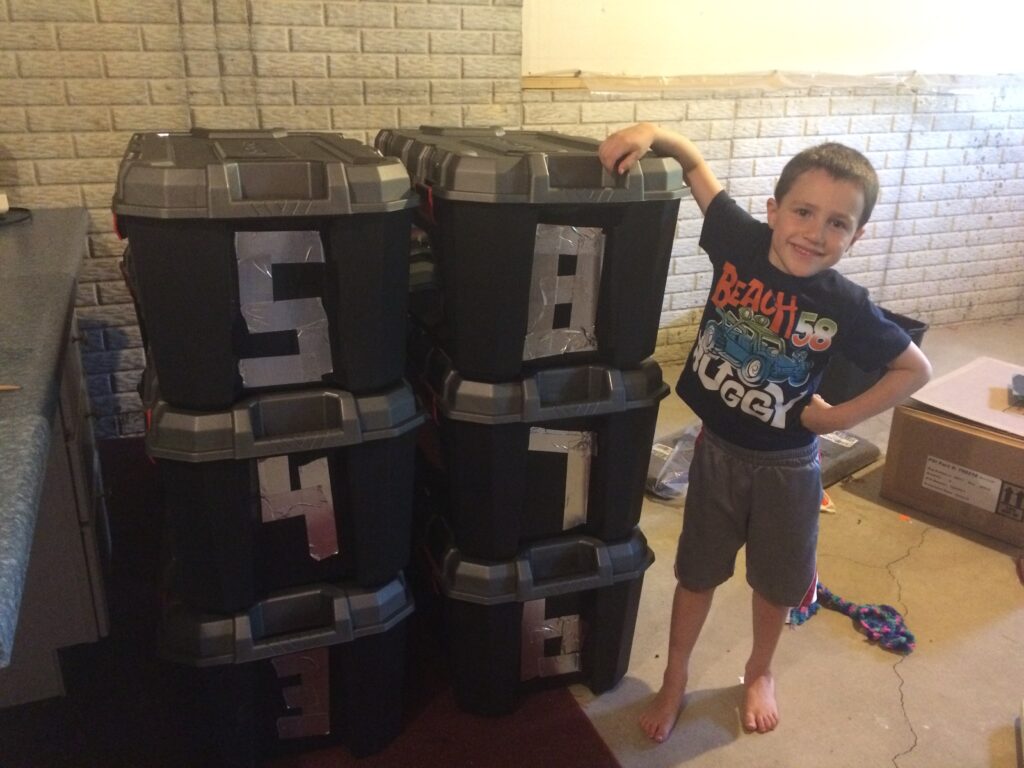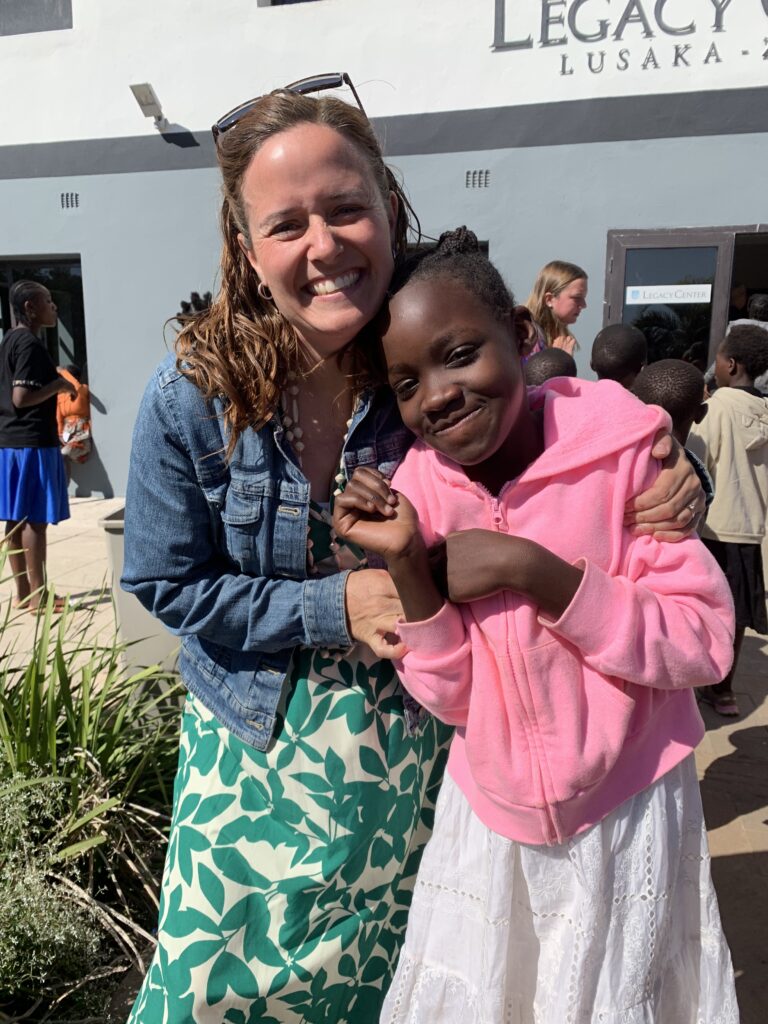The table was cleared from all the breakfast dishes. The children regather after brushing teeth, getting dressed, and collecting their school supplies. Sitting at their assigned seats, they rise as you enter the room and joyfully begin singing their favorite hymn from hymn study — in English and in Swahili . A large smile extends across your face as you think, “This is a perfect homeschool!” Wait a minute! Before you can get to this idyllic scene, though, there are several considerations before you begin homeschooling on the mission field. As a veteran homeschool mom with 7 years on the mission field, here are seven questions I believe you need to think about as you begin your journey.

1. What is your goal?
Some may have laughed at my first question, but it is a serious one. When you are considering home schooling on the mission field you need to have the end in mind. Do you think your children will want to attend college? Will they be going into the ministry with you? Are you interested in them having a rigorous, formal education? Will your children want to participate in trades like welding, electrical engineering, or baking? Do you want them to read the classics? Think about the end “product.” What would a successful homeschooler look like to you when they graduate from your home school? Start looking for ways to make that happen in your home in your situation.
2. Who will you teach?
This might seem like an obvious question, but there are times when you may not teach all of your children. They might have an online school, or you may choose to put a child or two in a local school for a season. Other times you may teach another child or two from the community or from other missionaries in your organization, long term or short term. Determining who you will be teaching is an important consideration before you homeschool on the mission field.
3. Do you have State Requirements for Graduation?
If you are a missionary sent from the United States, you will need to research what the requirements are for the state that you were living in. You do not want your children to be considered truant, and you will want to have them meet the state requirements for graduation someday. This may mean that you will need to fill out paperwork for your state, count the number of days you are schooling, or submit a portfolio or test scores at the end of the year. It will be very helpful to find someone who can mentor you in this area. Ask your sending agency if they have someone who can walk you through this. You may also be able to find someone in your church or community to help you get started before you leave the US.

4. When will you start?
Homeschool moms have varying opinions about the age to start homeschooling. While some start around the age of five, others like to begin at seven. Some believe that education begins at birth with all of life being educational and book work just flows from that. Your home life is different from mine, so you must decide when you will start homeschooling in your family.
5. Who will be your community?
Homeschooling community is really important not only for your children but also for the homeschooling parents. It is vital to have those around you who are fighting the same battles and can encourage you in your journey. Whether they are other missionaries in your city or country or in an online community of missionaries around the world, finding people to gather and bounce ideas off of are a valuable part of homeschool life on the mission field.
6. How will you get materials for homeschooling?
This can be a really stressful part of homeschooling for some families on the mission field. Materials can be printed, ordered, or viewed online, but depending on your context, one or more of those options will not be available to you. In really remote parts of the world, missionaries cannot even access the internet consistently enough to download books to read or view online class videos. Living in Zambia we didn’t have reliable options for receiving our books in the postal system. We mostly relied on shipping containers with our ministry or people who were traveling to Zambia for ministry to bring us those materials. Research what is available to you and start planning and budgeting for those expenses.

7. What is your electricity like on the mission field?
You may have never thought of this in the missionary context that you have lived in, but where we lived in Zambia, Africa, the country has load shedding. The government shuts off the power to parts of the country each day — some times up to 12 or more hours per day. Without alternative power it would be impossible to print papers, research online, charge computers for online classes, etc. Electricity matters because it may dictate the kind of school you do. If you don’t have power or internet access, you may not be able to do an online school or one that requires papers to be printed out.
In conclusion
Do you feel overwhelmed now? I hope not. I believe that knowing the answers to these questions will better prepare you for a successful homeschooling experience when you are overseas. God is in control of all things. If He is the One calling you to the mission field, then He will be the One to equip and prepare you to accomplish what He desires for the children He entrusted to you.
Did you see our last article about the reasons we homeschooled on the mission field? Click HERE to view that!




Leave a Reply